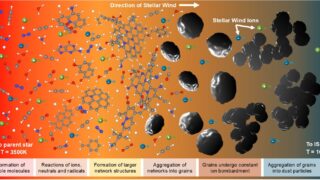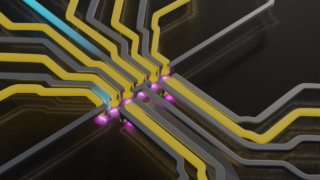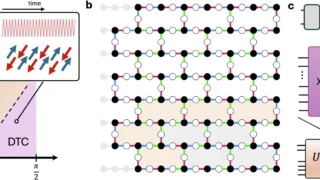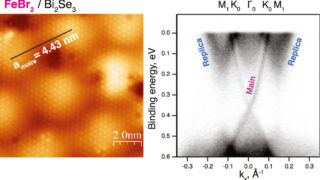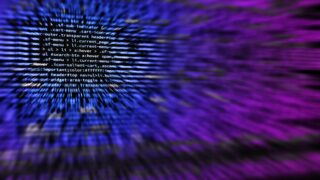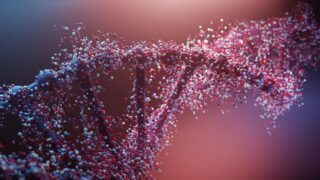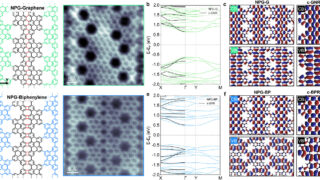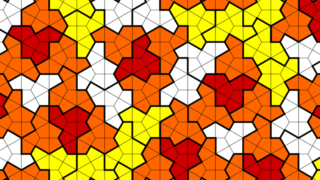
Real space geometry of aperiodic tilings as control knob for quantum physics
Condensed matter • DIPC Advanced materials • Materials • Quantum physics
When we study solid-state physics, we usually begin with crystals. In a crystal, atoms repeat in a strict and regular pattern, much like tiles on a bathroom floor. Because every small region looks the same as every other, electrons move through a predictable landscape. This repeating order is the reason we can explain electricity, magnetism […]
